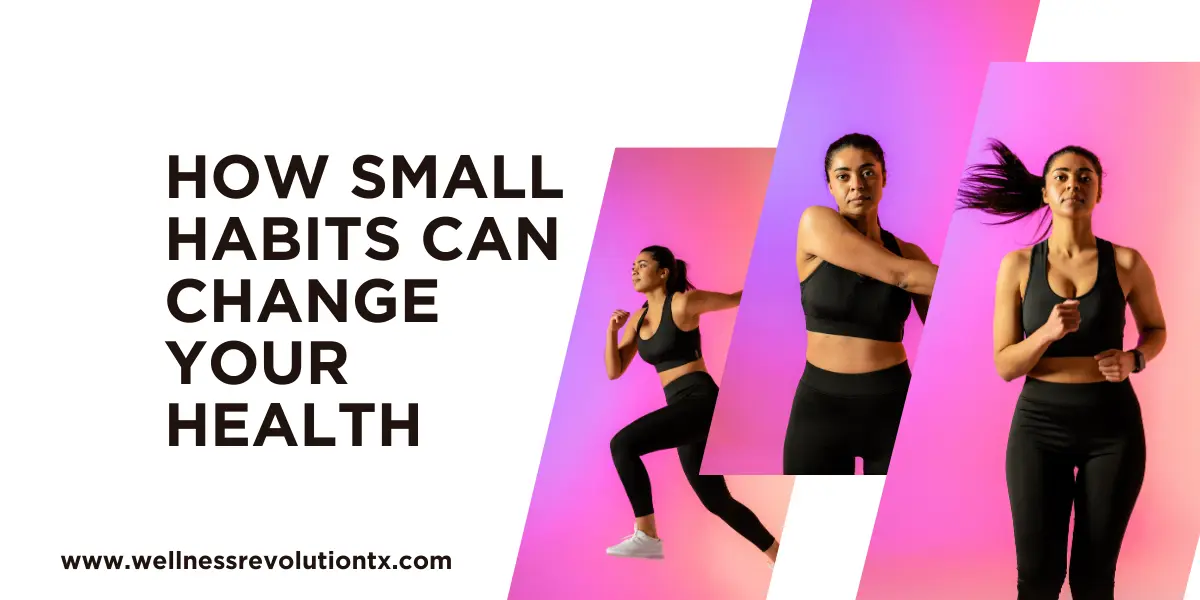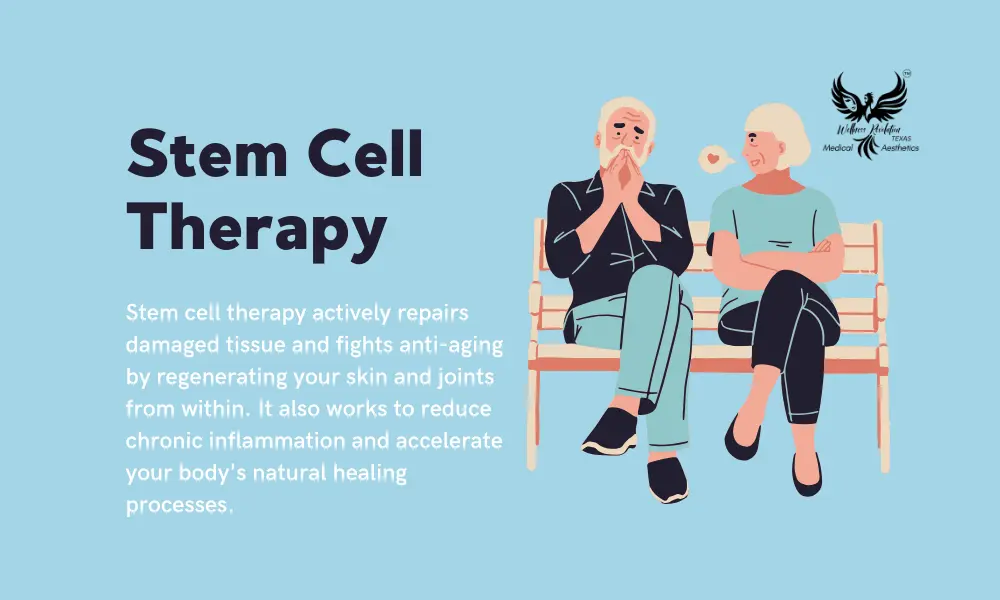Introduction The human brain is a remarkable organ. Weighing only about three pounds, it serves as the command center for thought, memory, movement, and emotion. Despite its size, it consumes around 20% of our body’s energy. Because it’s always working, how we treat our brain has a direct impact on how well it performs. The …
Introduction
The human brain is a remarkable organ. Weighing only about three pounds, it serves as the command center for thought, memory, movement, and emotion. Despite its size, it consumes around 20% of our body’s energy. Because it’s always working, how we treat our brain has a direct impact on how well it performs.
The exciting part? Everyday lifestyle choices can strengthen the brain. From how much sleep we get to the foods we eat and even the time we spend outdoors, small shifts can have measurable effects. This guide covers 12 practical and scientifically supported ways to boost your brain that you can start applying right now.
1. Travel Expands Your Brain
Travel exposes the brain to novelty and challenge, two key drivers of neuroplasticity — the brain’s ability to form new connections. Exploring unfamiliar environments, navigating different languages, or experiencing new cultures stimulates creativity and problem-solving skills.
Tip: Even short trips count. Visit a new park, museum, or restaurant in your own city to get similar benefits.
2. Laughing Uplifts Your Brain
Laughter triggers the release of dopamine and endorphins, brain chemicals that promote happiness and lower stress hormones like cortisol. Sharing laughter also strengthens social bonds, which supports long-term brain resilience.
Tip: Watch a comedy, call a friend who makes you laugh, or revisit a favorite funny movie.
3. Music Influences Your Brain
Music activates multiple brain regions, including those linked with memory, movement, and emotion. Listening to enjoyable music boosts dopamine, while playing an instrument strengthens coordination and focus.
Tip: Create playlists tailored to different moods or activities. Learning an instrument adds extra benefits.
4. Hugging Soothes Your Brain
Physical touch, including hugs, releases oxytocin — sometimes called the bonding hormone. Oxytocin lowers stress, reduces anxiety, and promotes emotional safety.
Tip: Hug loved ones when appropriate. If you’re not a hugger, petting an animal can have similar calming effects.
5. Meditation Calms Your Brain
Meditation trains attention and awareness. Studies show it strengthens the prefrontal cortex (responsible for decision-making) while reducing overactivity in the amygdala (the fear and stress center).
Tip: Start with five minutes of mindful breathing daily. Increase time gradually as it becomes part of your routine.
6. Natural Food Fuels Your Brain
The brain thrives on nutrient-rich foods. Omega-3 fatty acids support neuron structure, antioxidants reduce oxidative stress, and B vitamins aid neurotransmitter production.
Tip: Focus on colorful fruits, vegetables, nuts, fish, and whole grains. Drink plenty of water for hydration.
7. Sunlight Nourishes Your Brain
Sunlight helps the body produce vitamin D, essential for brain health, mood regulation, and circadian rhythms. Low levels are linked with cognitive decline and mood issues.
Tip: Aim for 10–20 minutes of sunlight daily. If that’s not possible, consult a healthcare provider about vitamin D testing.
8. Deep Sleep Restores Your Brain
During deep sleep, the brain consolidates memory and clears toxins through the glymphatic system. Sleep deprivation impairs focus, decision-making, and long-term health.
Tip: Stick to a consistent sleep schedule, limit screens before bed, and create a cool, dark sleep environment.
9. Reading Strengthens Your Brain
Reading engages language, memory, and imagination centers in the brain. It also builds cognitive reserve — the brain’s ability to adapt and compensate as it ages.
Tip: Mix fiction for empathy and creativity with nonfiction for knowledge and analysis.
10. Community Supports Your Brain
Social interaction stimulates areas of the brain tied to communication, memory, and emotional regulation. Strong relationships are linked to better brain health and resilience.
Tip: Make time for meaningful connections, whether it’s coffee with a friend, joining a group, or calling family.
11. Phone Detoxing Clears Your Brain
Constant phone use fragments attention. Research shows that multitasking across apps and notifications strains the prefrontal cortex, reducing focus and memory.
Tip: Set phone-free times, such as during meals or before bed. Use app timers to track and reduce screen time.
12. Forest Walking Relaxes Your Brain
Spending time in nature lowers cortisol, reduces stress responses in the brain, and improves mood and working memory. This practice, known as forest bathing, is widely studied in Japan.
Tip: Walk in green spaces regularly. Even a city park with trees can help.
Putting It All Together
Boosting your brain is not about one dramatic change — it’s about combining small, consistent habits. Travel stimulates creativity, laughter and hugs ease stress, food and sleep provide fuel, while nature and community restore balance.
Key Takeaways
- Novelty, connection, and balance drive brain health.
- Simple habits like sleep, reading, or sunlight exposure have measurable impacts.
- Combining these strategies creates lasting resilience and adaptability.
Final Word: Your brain thrives when you give it variety, rest, and nourishment. Pick one or two of these strategies to start today and build them into your daily life. Over time, you’ll create a brain that’s not only sharper but also more resilient and adaptable.




